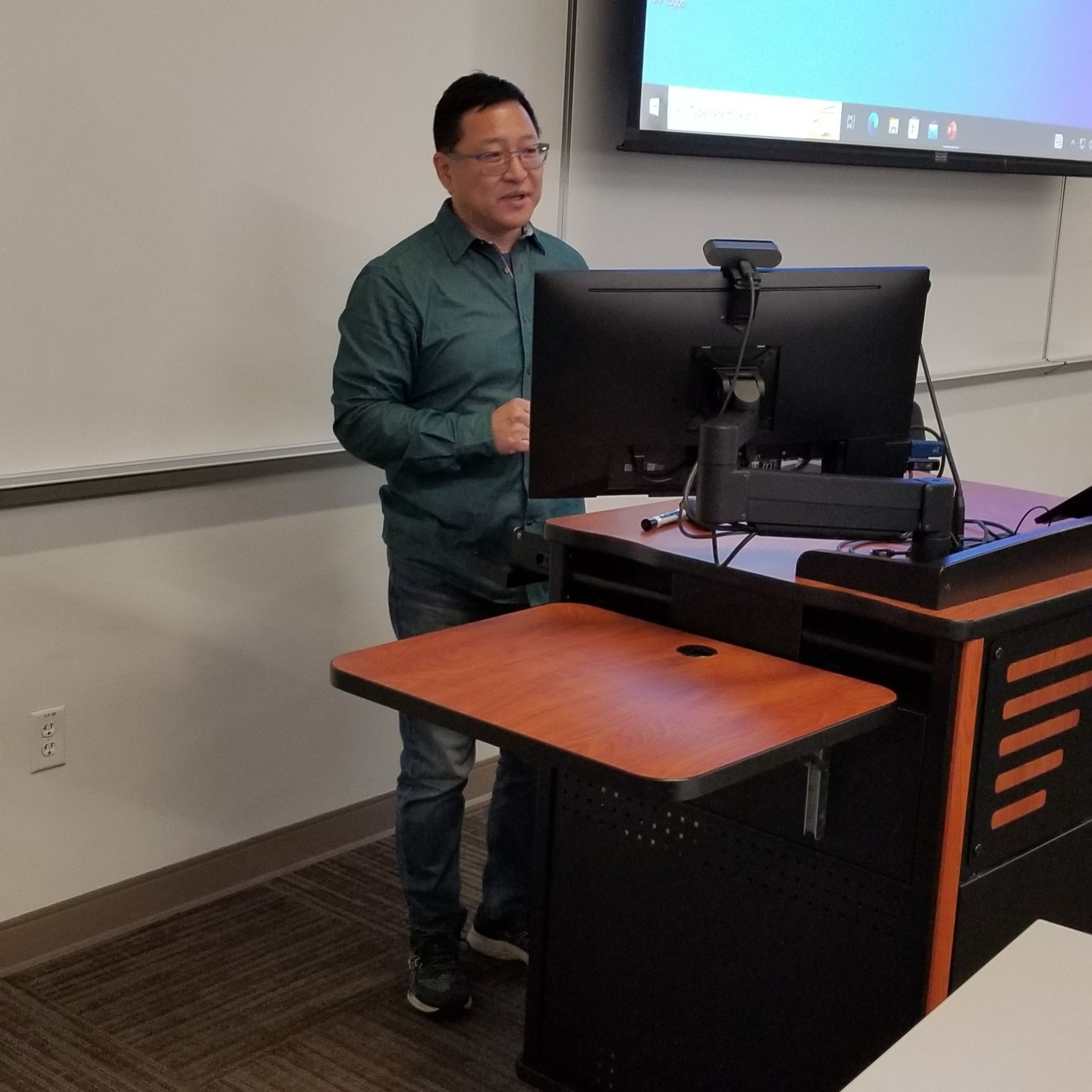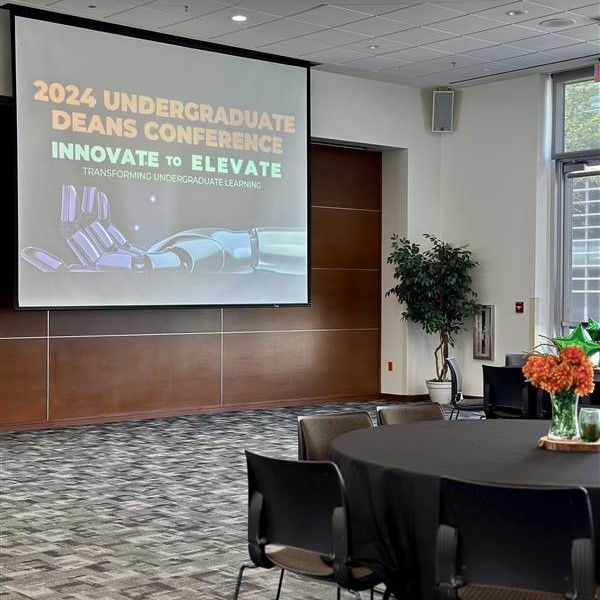
Dr. Alejandro Zentner, associate professor of managerial economics, and Brad Nathan, a Management Science, Accounting Concentration PhD student, have co-authored a property tax protest study with Dr. Ricardo Perez-Truglia, an associate professor at the University of California, Berkeley, that was featured front and center Oct. 1 in Dave Lieber’s “Watchdog” consumer column in the Dallas Morning News.
In the study, “My Taxes Are Too Darn High: Tax Protests as Revealed Preferences for Redistribution,” a National Bureau of Economic Research working paper issued in September, Nathan, Perez-Truglia and Zentner used a pool of 78,462 Dallas County households to examine the reasons for protests.

One of their basic findings was that “households are more likely to protest when they stand to gain more from protesting.”
But the trio also studied “hassle costs” of protesting — which, they calculated, averaged $226 — and other factors.
“Any household can protest for free, so there are no pecuniary costs from protesting; however, households may still incur hassle costs: protesting takes time, and some households may have trouble figuring out how to do it,” they wrote.
The researchers sent letters to about 50,000 households in their pool. One set of letters included step-by-by step information for filling out forms necessary to protest. But the rest of the letters included extra instructions, “an argument tailored to each recipient, who could simply copy-paste it into their own protest form,” the study said.
“These letters presented information about a comparison property near the recipient’s own property that was similar in all observable characteristics and had been recently sold for a lower price than the market value proposed by the Dallas Central Appraisal District.”
The letters had a substantial effect on the probability of filing a protest, the co-authors found: “[W]hile the basic aid was helpful, the impact was significantly higher when the letter included the additional instructions.”
The direct protest rate — that is, filed by homeowners without the use of a tax-protest agent — among households that did not receive a letter was about 8.7%. Among households that received the extra information, the rate rose to 12.2%.
Zentner and his co-authors provided evidence that both selfish motives as well as social preferences — households are more willing to pay a higher tax rate when they know other households are paying a higher tax rate, too — influence protest decisions.
And, they said in closing, some of their findings may serve as key inputs for the design — or redesign — of the protesting process.






